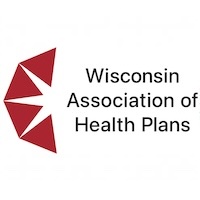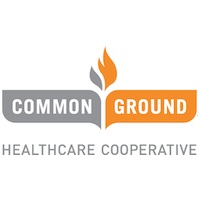
New investigator awards target health disparities, women’s health and diabetes
Researchers at the University of Wisconsin School of Medicine and Public Health will get a boost from three new grants awarded by the Wisconsin Partnership Program through its New Investigator Program. The awards, each $100,000 over two years, support early-career investigators who are taking innovative approaches to address a diverse range of public health issues in Wisconsin, including: reducing the mortality gap for black women with lupus; improving continence in older women; and preventing diabetes.
- Christie Bartels, MD will study how to reduce the growing mortality gap in Wisconsin for black women with lupus. By working with a group of lupus patients at the Medical College of Wisconsin and using electronic record data, the project will study who does and does not stay in rheumatology care and examine the impact of race and other predictors of keeping patients in care. Expected outcomes include an innovative approach to measure lupus care, and baseline data for future trials to improve health among the estimated 28,000 Wisconsinites with lupus.
- Heidi Brown, MD will test the effectiveness of using Mind Over Matter; Healthy Bowels, Healthy Bladder (MOM), a community-based workshop for older Wisconsin women to control incontinence symptoms, at senior centers and develop a tool-kit that will allow busy senior centers to more easily consider and incorporate MOM into their programming. Upon the project’s completion, MOM will be ready for widespread dissemination in Wisconsin in partnership with the Wisconsin Institute for Healthy Aging (WIHA) with the objective of improving continence and promoting healthy aging in place for more than 200,000 older Wisconsin women living with bladder or bowel incontinence.
- Matthew Merrins, PhD’s project proposes that activating a metabolic enzyme, pyruvate kinase, has the potential to prevent diabetes and rescue insulin secretion from the diabetic β-cell. The studies are needed to provide a firm scientific basis for a clinical intervention that preserves β-cell metabolic health in people.
Established in 2004, the Wisconsin Partnership Program has awarded more than 434 research, education and community partnership grants totaling more than $190 million, aimed at improving the health of the people of Wisconsin. Its New Investigator Program provides opportunities for early-career UW SMPH investigators to initiate new, innovative pilot projects.























.jpg?bwg=1612548324)






